
What’s the Buzz About Salinity Testers? 🌊
Ah, the ocean! A vast, shimmering expanse of salty goodness. But did you know that not all saltiness is created equal? Enter the salinity tester, your trusty sidekick in the quest for the perfect H2O balance! Whether you're a marine biologist, a home aquarist, or just someone who wants to impress at dinner parties with your knowledge of seawater, these nifty gadgets are the real deal. Let's dive in! 🏊♀️
Why You Need a Salinity Tester
First things first, why should anyone care about salinity? Well, it’s the secret ingredient to thriving aquatic life! 🐠 Too much salt? Fishy friends might start gasping for air. Too little? They might just float away in boredom! A salinity tester helps you find that sweet spot. Here’s why they’re essential:
- Marine Life Health: Different species thrive in different salinity levels. Keeping tabs on this helps ensure your fishy pals are happy and healthy.
- Water Quality: For those with aquariums, knowing the salinity means you can provide a stable environment. Nobody wants a fish drama, right?
- Food Prep: Cooking with saltwater? A salinity tester can help you nail that perfect brine for your next culinary masterpiece. 🧂
- Scientific Research: Researchers rely on accurate salinity measurements to study ecosystems and climate change effects. Talk about making waves!
Types of Salinity Testers
Now that you’re on board, let’s chat about the types of salinity testers available. Because why settle for one when you can have options? 💁♀️
- Conductivity Meters: These measure how well electricity flows through water, giving a good indication of salinity. The HI98319 is a popular choice for marine enthusiasts!
- Hydrometers: Old school but gold! These floating devices measure the density of water to determine salinity. Just don’t drop it—those things are fragile!
- TDS Meters: Total Dissolved Solids meters give a broader picture of water quality, capturing more than just salt.
- Salinity Meters for Food: Perfect for chefs! These testers help ensure your brines and marinades are on point. 🍽️
How to Use a Salinity Tester
Ready to get started? Using a salinity tester is easier than figuring out TikTok dances! Here’s a simple guide:
- Gather your water sample. Make sure it’s from the source you want to test.
- Turn on your tester and dip it in. Make sure it’s fully submerged.
- Wait for the reading to stabilize. This usually takes just a few seconds.
- Read the display and adjust your water as needed. Voilà! You’re now a salinity superstar! 🌟
Final Thoughts
So, there you have it! Salinity testers are like the magic wands of the aquatic world. Whether you’re keeping your fish happy, cooking up a storm, or conducting serious research, these little gadgets pack a punch. So, grab one and start testing—your water (and your fish) will thank you! 💦
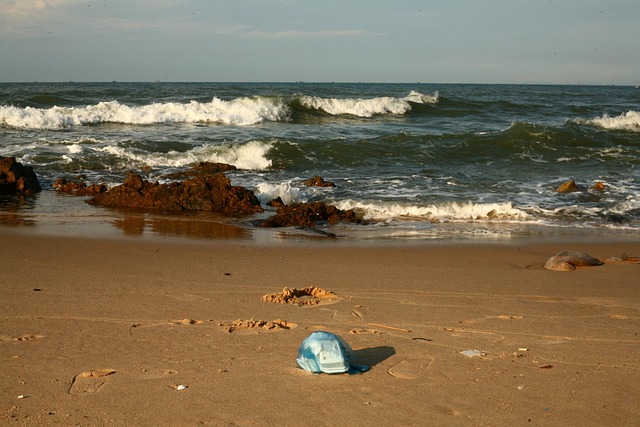
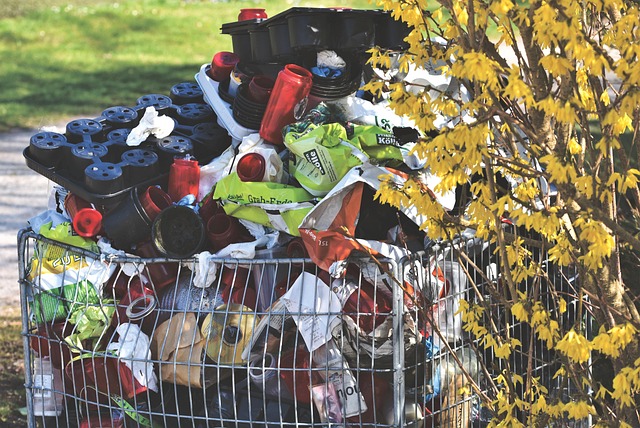
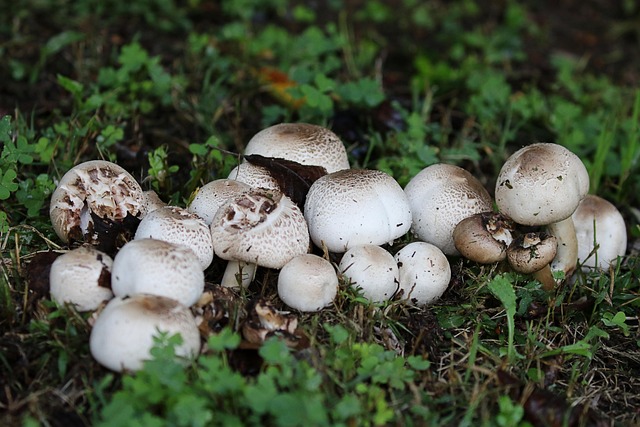





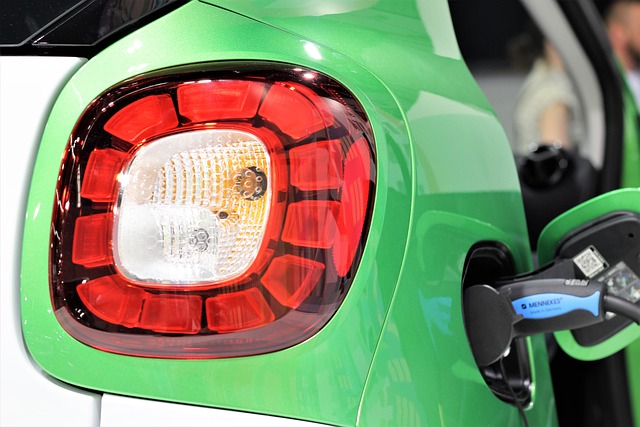

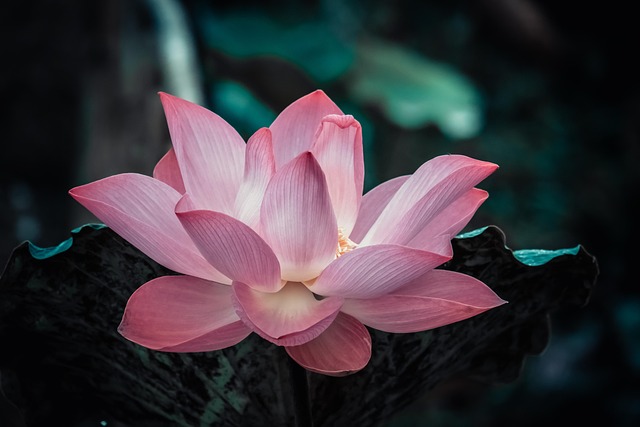
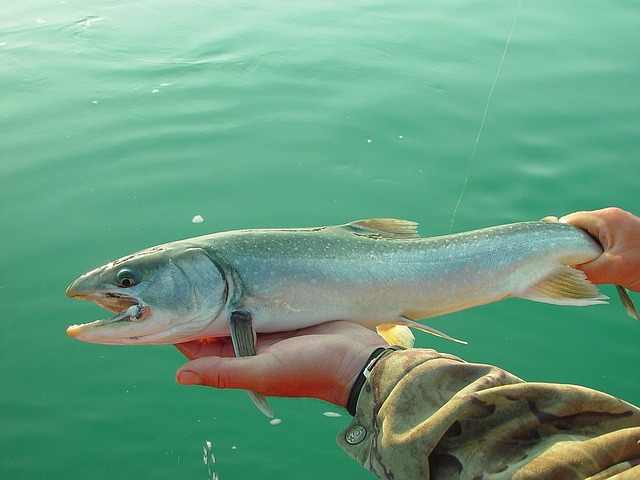




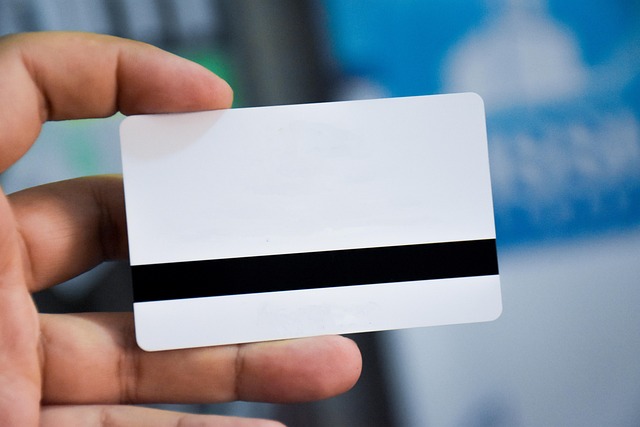
 Japanese Knotweed
Japanese Knotweed 
 Health
Health  Fitness
Fitness  Lifestyle
Lifestyle  Tech
Tech  Travel
Travel  Food
Food  Education
Education  Parenting
Parenting  Career & Work
Career & Work  Hobbies
Hobbies  Wellness
Wellness  Beauty
Beauty  Cars
Cars  Art
Art  Science
Science  Culture
Culture  Books
Books  Music
Music  Movies
Movies  Gaming
Gaming  Sports
Sports  Nature
Nature  Home & Garden
Home & Garden  Business & Finance
Business & Finance  Relationships
Relationships  Pets
Pets  Shopping
Shopping  Mindset & Inspiration
Mindset & Inspiration  Environment
Environment  Gadgets
Gadgets  Politics
Politics 